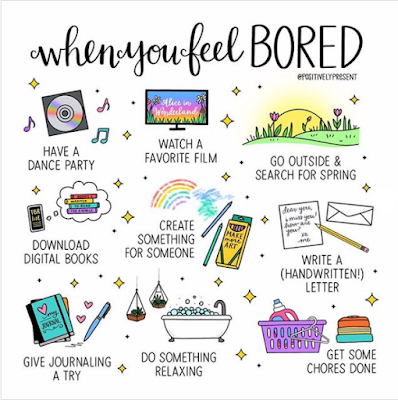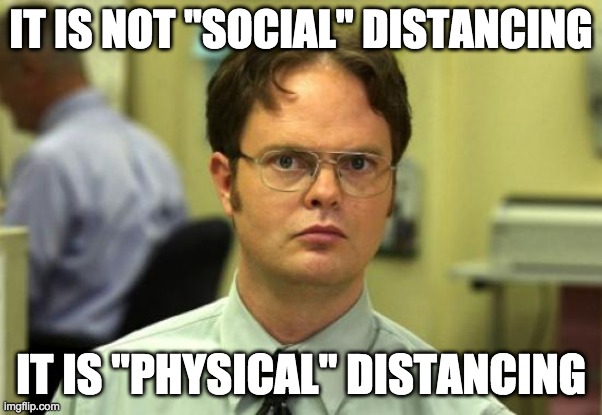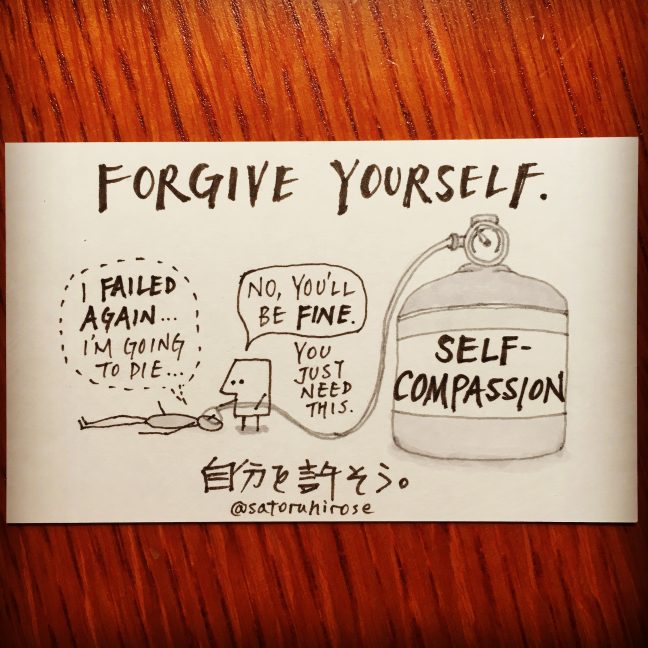Working from home, having health anxiety about COVID, the uncertainty of all these lockdowns, on top of any of your personal problems can be very overwhelming.
Personally, I've been struggling a lot because my family have asked me to stop seeing Scott during this period because they are worried of his risk of exposure so we're going long distance, I have concerns about how COVID will affect my PhD, and my prescription medications are under a worldwide shortage due to the virus.
This is a period where I'm feeling very out of control, which is sending my anxiety through the roof. It's also undoing all the hard work I've done over the years to manage my depression, and it's a bit heartbreaking that staying at home is making me slip back into my depressive habits and mood.
So I decided to write a list of things that I can control and actively do to take care of my mental health during this period. This was more of a reminder to myself, but I thought I'd blog it too in case it helps anyone else.

1. Avoiding COVID-related news/talk
- Avoid the news as much as you can - it is impossible to avoid it all the time, but limit how regularly you check it - and if you are looking at articles online, limit how many (e.g., I will only look at 2 news articles every day)
- Mute notifications or block people who are constantly sending you COVID news
- Remove your Facebook timeline through a Google chrome extension
- When you call your friends, ask them if you can have some COVID-free talk at the end, e.g. the last 10 minutes, so you can end on a positive note
- Something that Scott and I will start trialling is I can only vent to him about COVID-related stuff twice a week, so that I'm not grumpy and upset every time we call each other
2. Self care
- Think of things that you've always wanted to do - now is your time to finish that project / start learning that new skill / spend time doing that hobby you love
- Write a list of these things down - sometimes you think you can remember all the things you want to do, but sometimes when you're so upset, it's really easy to forget and say there's absolutely nothing interesting you could do
- Make it specific - not just "watch Netflix" but what shows are you excited to watch? This makes it easier for your future upset self to pick something to do
- One example is that every(?) week, Cirque du Soleil will be uploading 60 minute previews of some of their shows. Here is the first video, which shows parts of Kurios, "O", and LUZIA
- Try to still exercise regularly; there are plenty of home workout options:
- 14 Day Quarantine Workout by Blogilates (scroll down on this webpage for links to demos of each day's moves)
- Database of at-home programs with cool infographic visuals by Darebee
- Dance fitness videos on Youtube
- Calisthenics/bodyweight videos on Youtube
- You can also still leave the house for exercise, whether that's going out for a walk to get some fresh air, or running, or if you are near a beach/pool, potentially going for a swim depending on the laws around that (check the laws in case they change, but at the time of writing I think you can still go to the beach for exercise - i.e., walking or swimming - just don't hang around sunbathing, and still practice social distancing)
3. Staying social
- Write down a list of people you can talk to when you are feeling upset - similar to the self-care activities, when I'm upset I tend to forget that I actually do have friends who care about me - I feel very alone and I often can't think off the top of my head who I could talk to
- When you are feeling okay, you can message these people and ask them if they would be okay for you to message/call/chat when you are feeling upset
- Try to book in a video call with someone outside your house every day - try to make it different people - it doesn't have to be every day but you can aim for this so you get your social quota
- Try different ways of socialising - when you catch up with friends it's not always just sitting there and chatting. See if there are any games you could play, or movies you could watch. Here are some things I have found out about recently:
- House party
- Netflix viewing party Chrome extension
- This list of long-distance activities you could do (I mean, you could still do them with friends to be honest)
(If anyone has any long-distance relationship tips that Scott and I can try, please let me know!)

4. Be easy on yourself
- These are crazy times, you are definitely not going to be at your usual levels, whether that is exercise, self-care skills, socialising, etc.
- Just do the best you can, and be forgiving of yourself.

Image from Freelancer Map
The next two are related to working from home. I think most people are sort of in the swing of things already, and may be practicing a lot of these already, but here they are:
5. As much as you can, separate your workspace from your personal space
- If possible, have a different desk or area to work in, so that when you are finished with work, you can go to the room/desk/space you normally spend time relaxing at.
- Put your work stuff in a pile and cover the pile with a towel or cloth so you don't have to look at it outside of work hours
- For example, I have a list of stuff I need to do for my PhD blu-tacked to the side of my computer, and when I'm done with my work day, I blu tac a bigger, blank piece of paper on top of it so I can't see my work to-do list. Because I work at the same desk where I relax, I need this so I'm not constantly glancing at my to-do list and thinking about what I need to do
- Have an accountability buddy to check in with you each day, you can do this simply by answering some simple questions like:
- What time will you wake up tomorrow?
- What time will you eat breakfast?
- What time will you start work?
- What time will you finish work? (for people who struggle to stop working and start self caring)
- What are one or two things you want to accomplish today?
Image from The Awkward Yeti
6. Create a routine that works at home (this might be different to the routine that works in the office, but might have elements of your previous routine so you can emulate a sense of normality)
- Set an alarm to sleep on time, wake up on time
- Make sure you change, have breakfast, brush your teeth all before you start work
- Maybe spend some time reading, listening to a podcast, or doing something to get you started for the day - remember that most of the time you commute to work, your brain actually wakes up during this commuting time - it might be hard to jump straight from breakfast to work when you don't have this commute to wake up
- Maybe scheduling in a small break every 1-1.5 hours makes you more productive than trying to stick to your usual work schedule
7. Be easy on yourself (again)
- Again, you are not going to be at your usual work productivity level
- The good thing is that everyone is in the same position, so they understand that everyone else may not be as productive
- Just do the best you can, and be forgiving of yourself.




No comments:
Post a Comment